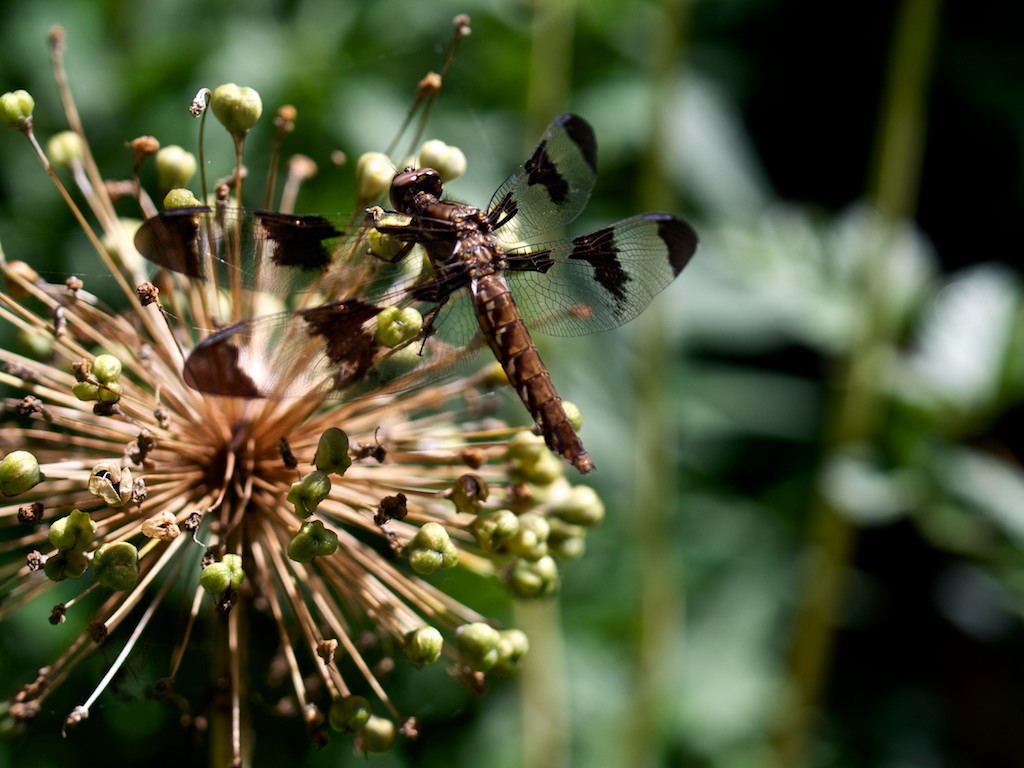No matter how much we think we know about plants, their actual behaviour is still in many ways an enigma wrapped in a mystery.
Take this recent study from the University of Missouri, which shows that plants can actually hear when insects are eating them and respond by defending themselves.

It sounds like science fiction, but apparently plants can sense leaf vibrations when an insect chews on its leaves. In the test, plants were played the sounds of an insect chewing – over the next few hours, the plants subtly altered their chemical composition by releasing mustard oils designed to repel the insect. The video explains it neatly:
Plants Respond to Leaf Vibrations Caused by Insects’ Chewing, MU Study Finds from MU News Bureau on Vimeo.
Here’s the thing. Their behaviour suggests that plants actively exhibit some degree of sentience, or awareness of their surroundings. But how is this possible when plants literally have no brains? This seeming paradox bothers the kind of people who believe that plants are entirely incapable of consciousness or intelligence.
In the early 1970s, the best-selling book The Secret Life of Plants claimed that plants were capable of responding to stimuli in their surroundings. It made the case that plants could hear music or if someone had intent to harm them. The book made a big splash in pop culture at the time but was later trashed as nonsense by skeptics and the scientific community. Indeed, the science of it was kind of flaky.
Now here we are, 40 years later and the core of the theory is proving to be true. That’s what I call food for thought.

It would be better if we thought with otherthanourbrains too more often
So true. Matter over mind vs. mind over matter.